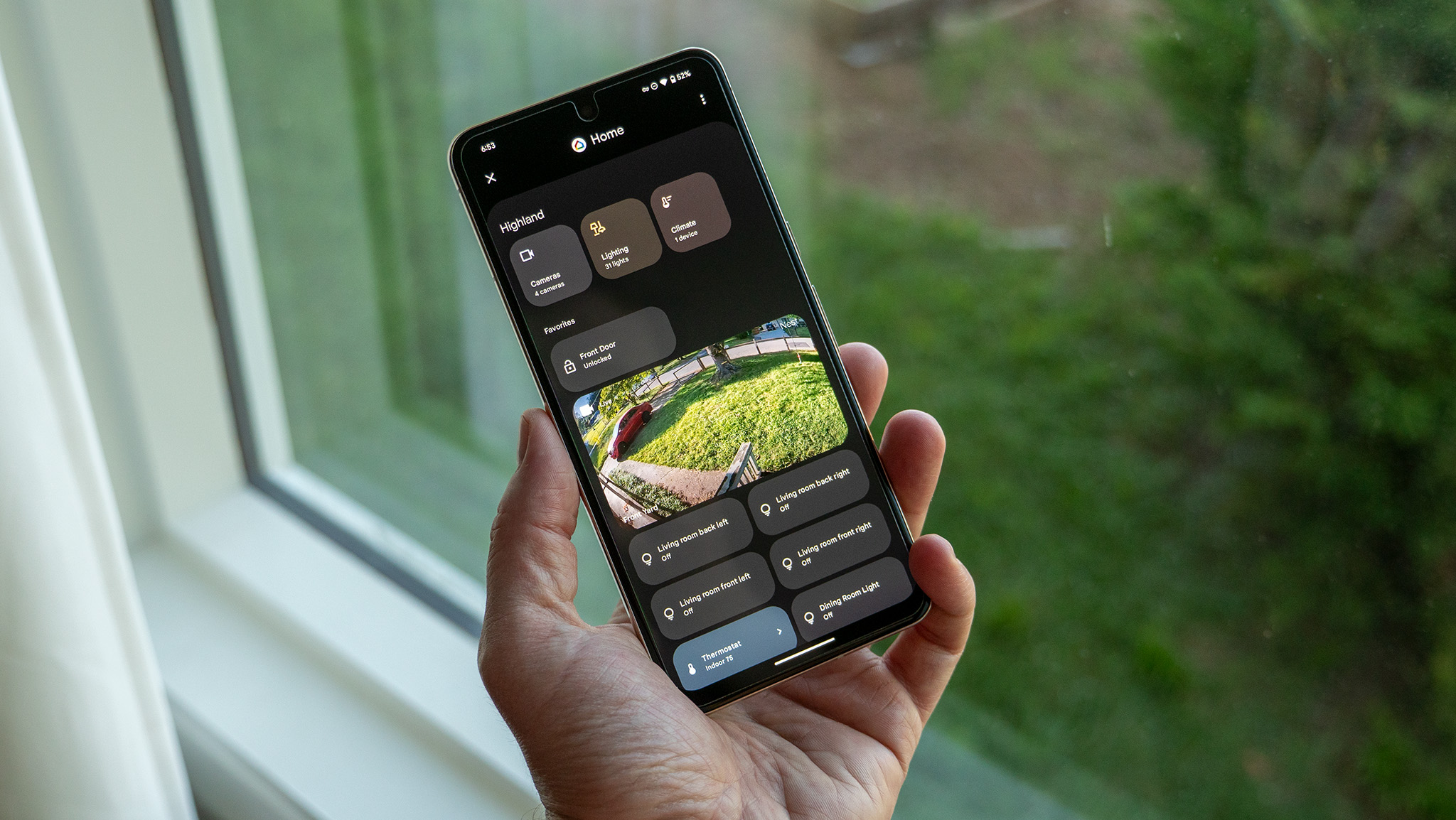Why 2020 made small phones fun again
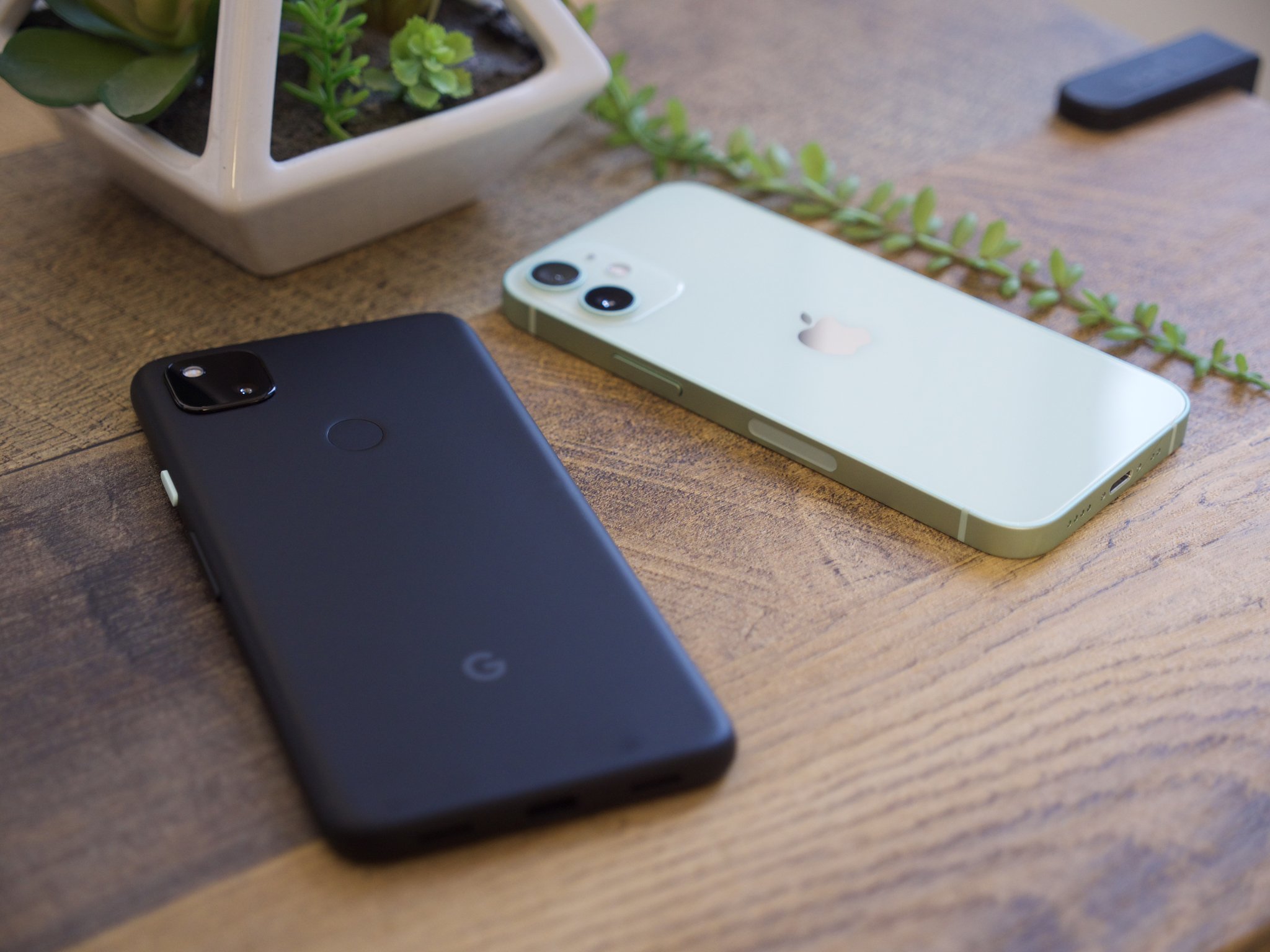
Get the latest news from Android Central, your trusted companion in the world of Android
You are now subscribed
Your newsletter sign-up was successful
Ever since the first Samsung Galaxy Note made its debut back in 2011, the smartphone market has constantly pushed towards larger and larger handsets. Big phones allow you to have larger displays, bigger batteries, and more room to mess around with things like multiple camera sensors.
All of that stuff is fine and dandy, but in this quest to make gigantic smartphones that bring everything but the kitchen sink, there's been an unfortunate side effect — phones have gotten really difficult to use. The Galaxy Note 20 Ultra and OnePlus 8 Pro are two of the best Android phones to be released in 2020; however, their cumbersome designs often hinder the overall user experience (despite how good everything else is).
Thankfully, things are starting to change. This year saw small phones make a comeback in a way we haven't seen in a long time — so much so that Apple even jumped on the bandwagon. Yes, Apple! Small phones are back, they're better than ever, and 2020 made them fun again.
Samsung's pocket-friendly wonder
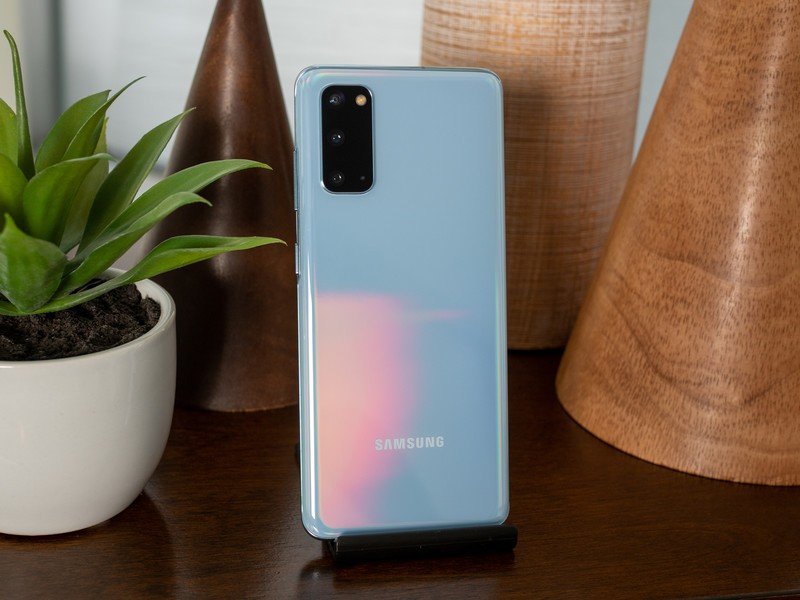
Let's start with the phone that kicked off this whole trend — the Samsung Galaxy S20. Released this past March, the S20 stood out for a couple of reasons. Not only was it the most affordable variant of the S20 you could buy at $1000, but it was also considerably smaller compared to its S20+ and S20 Ultra siblings. A 6.2-inch display might not sound all that tiny on paper, but factoring in the S20's incredibly slim bezels and 20:9 aspect ratio, it ended up being one of the most pocket-friendly flagships we've seen in years.
And, yes, the Galaxy S20 is a proper flagship in every possible way. Despite being at the bottom of the Galaxy S20 family, the baseline S20 still ships with a 120Hz AMOLED display, Snapdragon 865 processor, excellent cameras, and a surprisingly large 4,000 mAh battery.
That willingness to not compromise is what helped the S20 stand out as something special. It allowed you to get a powerful and capable Android phone without having to put up with a miniature tablet, and that's not something we see very often these days. Luckily for us, it was just the start of more (and even smaller) phones to come.
Google's petite Pixels
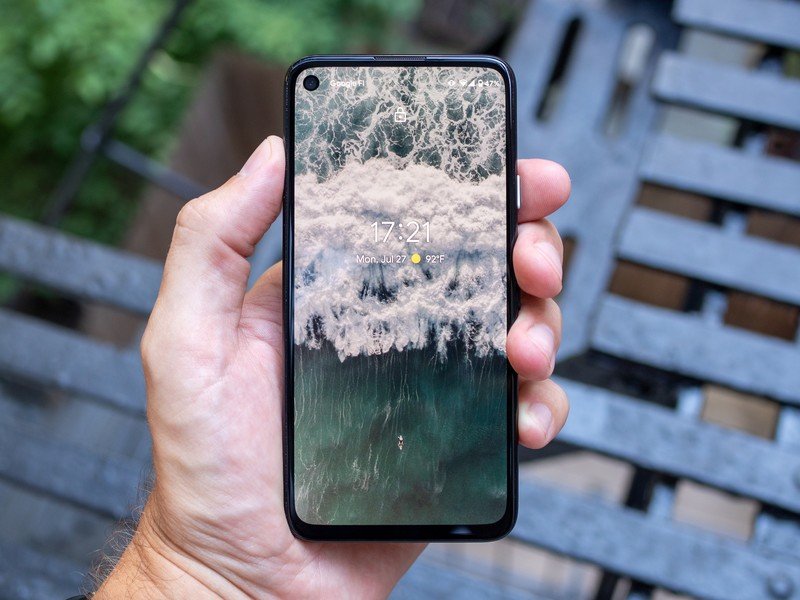
Fast forward to August, which saw the release of the Google Pixel 4a. The Pixel 4a was heavily delayed. It was first expected to come out in May, but the prolonged wait ended up being well worth it.
Get the latest news from Android Central, your trusted companion in the world of Android
The Pixel 4a is one of the most comfortable phones I've used in years.
Right off the bat, the Pixel 4a is an incredible value. Coming in at just $349, this is a phone that offers fast performance, a quality OLED display, reliable battery life, excellent software, and amazing cameras. Outside of a pretty bland design, there's not much to complain about. However, the best part is that you get all of that in a phone with a 5.81-inch display and slim bezels. Combine that with a weight of just 144 grams (64 grams less than the Note 20 Ultra), and it ends up being a pure joy to use.
The Pixel 4a is the first phone I've used in a long time that feels like it was designed with humans in mind. I can easily reach every corner of the screen without performing wild hand gymnastics. All of my apps feel perfect on this form factor. It's a phone I can easily operate in one hand thanks to its small display ultra-lightweight design. It may not be the most eye-catching phone on the market, but the sheer utility makes it one of the most pleasant smartphone experiences I've had in years.
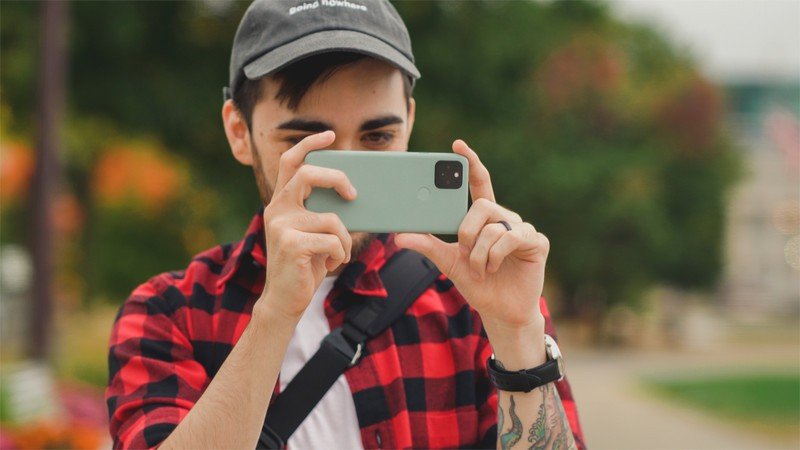
As if that wasn't enough, Google doubled-down on its small phone embrace with the Pixel 5. Released a couple of months later in October, the Pixel 5 is Google's flagship Pixel offering for 2020. Compared to the Pixel 4a, it offers a smoother 90Hz display, faster processor, wireless charging, IP68 dust/water resistance, and more. However, even with all of those extra features, Google still managed to keep the display size down to just 6-inches. Plus, when you factor in the slightly smaller bezels compared to the Pixel 4a, it results in a very similarly-sized phone.
All of my praise about the Pixel 4a's design carries over to the Pixel 5, meaning you can get that small phone experience whether you have $349 or $699 to spend. Heck, even Google's largest phone of the year (the Pixel 4a 5G) is still relatively compact compared to most other Android phones on the market.
Google didn't release a traditionally large smartphone at all in 2020, and that's just not something we really see anymore. It remains to be seen if Google will continue that trend in 2021, but it certainly proved to be a breath of fresh air.
Apple goes mini
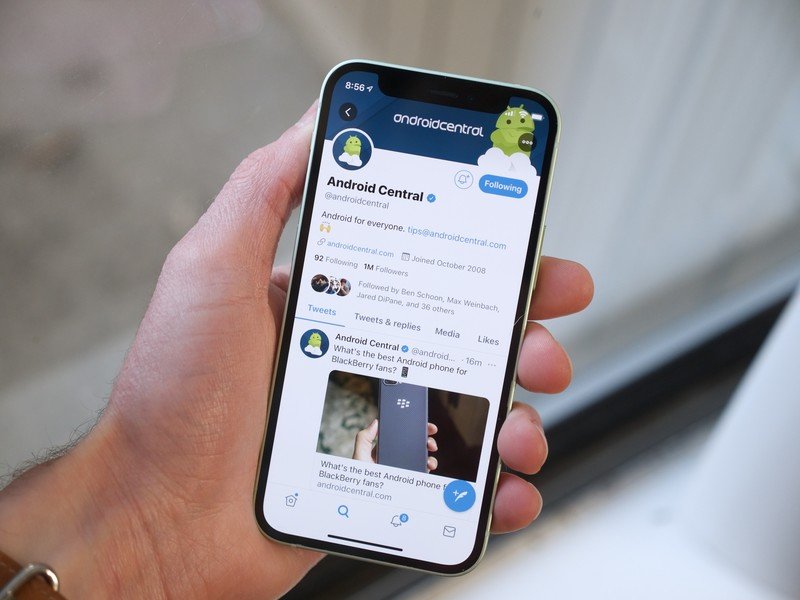
Then we have what might be the most important small phone of the year — the iPhone 12 mini. That's not to say that the Galaxy S20, Pixel 4a, and Pixel 5 aren't important or worthwhile phones, but the weight of Apple releasing a small phone compared to Samsung and Google is much more impactful.
The impact of Apple launching the iPhone 12 mini could be huge for small phones in 2021.
Whenever Apple does something new or noteworthy with the iPhone, there's a good chance the rest of the market will follow. When Apple got rid of the 3.5mm headphone jack, phones released as early as the following year also ditched the port. Shortly after the iPhone X was unveiled with its iconic notch, countless manufacturers copied that exact design (not to mention Google basically stealing iOS' gesture-based navigation for Android). Most recently, we've heard rumors that Samsung won't include a charger in the box with the Galaxy S21. Why? Because Apple just did that with the iPhone 12.
Apple releasing a small phone in a market filled with large ones signals to every other phone manufacturer that this is a form factor it has faith in. I could be wrong, but I wouldn't be surprised at all if we see even more small phones throughout 2021.
As for the iPhone 12 mini itself, it's honestly kind of amazing. My wife upgraded to the iPhone 12 mini from her iPhone 11, and in the times I've messed around with it myself, she basically has to pry it out of my hands. The iPhone 12 mini is easily the smallest mainstream phone to come out this year, touting a minuscule 5.4-inch display. Similar to the Galaxy S20 and Pixel 5, though, it doesn't skimp out on specs. It has Apple's flagship A14 Bionic processor, fantastic cameras, wireless charging, and even 5G connectivity.
I actually thought the iPhone 12 mini would be too small looking at pictures of it online, but similar to the Pixel 4a, it feels perfect in-hand. Unlike most of the phones I used last year, the iPhone 12 mini feels like it was designed with usability as its top priority. It's incredibly comfortable to hold, every corner of the UI can be easily reached, and it fits in virtually any pocket. Those things aren't as exciting to talk about as a gigantic battery or a five-camera system, but they're so much more important in day-to-day use.
The best year ever for small phone lovers
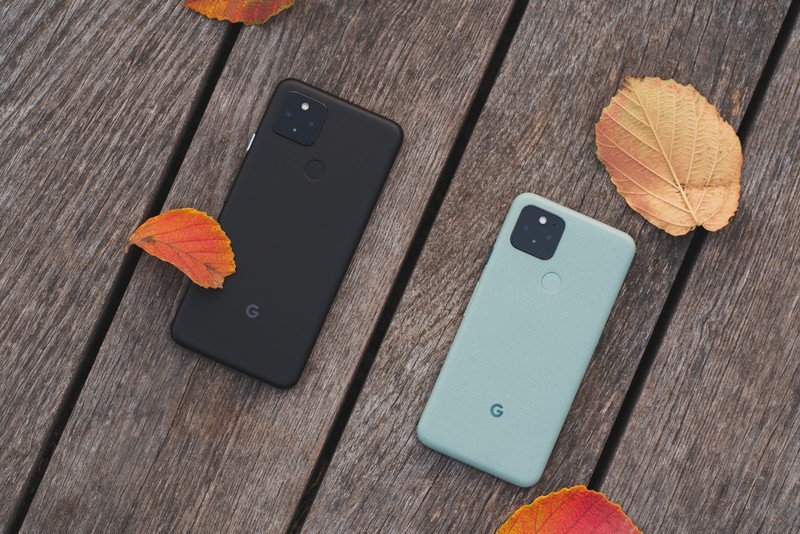
Every year sees one or two small phones come out, but they're usually from lesser-known brands or have major compromises in some manner. 2020 gave us a plethora of small phones with a wide range of prices and features on a scale I haven't seen in years.
I've gotten used to using large phones over time, but after experience devices like the Pixel 4a and iPhone 12 mini, I don't see myself going back to those bigger alternatives in the near future. Samsung, Google, and Apple all managed to kick out fantastic smartphones throughout the course of the year, and while some of them were big, many of them catered to customers that maybe feel like they'd been forgotten about. That's really exciting.
It's possible that we'll go back to all-big-phones-all-the-time in 2021, but given how many small phones we got in 2020 and the overwhelmingly positive reactions to them, I think we're more likely to see an even bigger rise for the form factor. If that's the future we're headed towards, I absolutely cannot wait to be a part of it.

One of my favorite phones of 2020
The Pixel 4a is far from the most powerful or technically-impressive Android phone of the year, but that doesn't stop it from being an absolute joy to use. Along with capable and reliable specs across the board, the Pixel 4a's compact design allows it to be extremely comfortable throughout daily use. Pair that with a fantastic price tag, and there's not much to complain about.
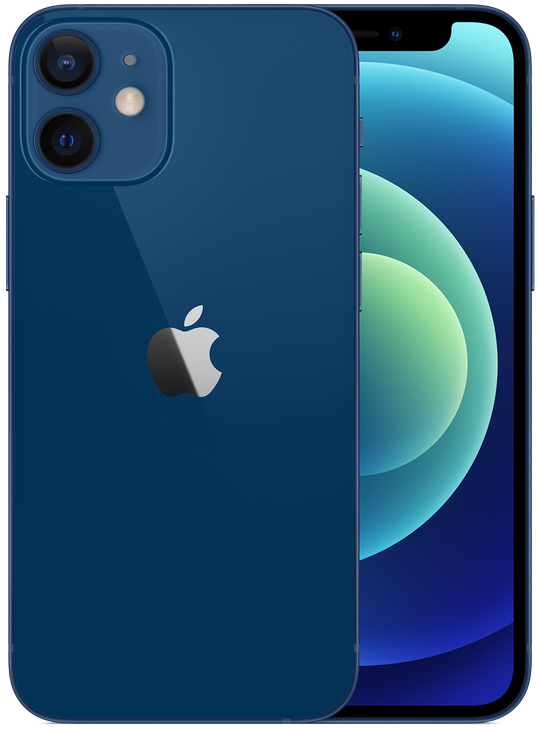
The iPhone goes small
Apple took a pretty big risk with the iPhone 12 mini, launching the smallest mainstream phone of the entire year. Lucky for us, it's a fantastic little piece of tech. The iPhone 12 mini aims to be as comfortable and pocketable as you could ask for, and it pulls this off while still delivering flagship specs across the board.

Joe Maring was a Senior Editor for Android Central between 2017 and 2021. You can reach him on Twitter at @JoeMaring1.
